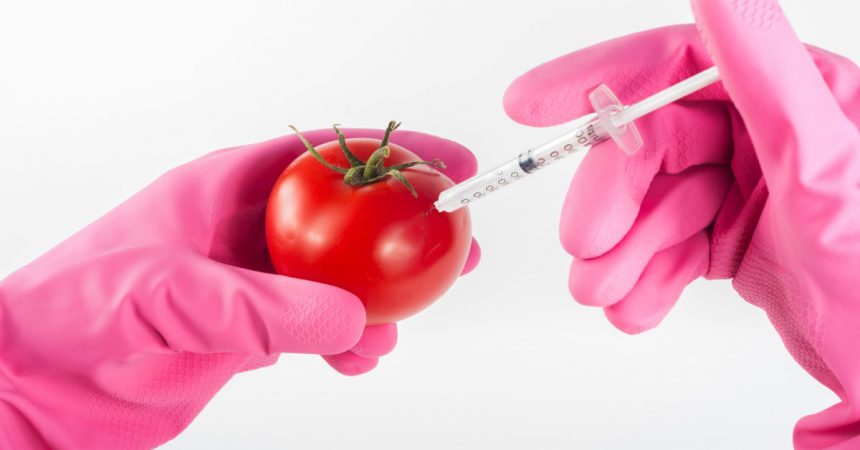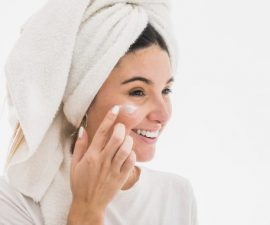They are in cosmetics, food, medicines and nutritional supplements. But do you actually know how they work, what their properties are and what their effects are?
Vitamin C
Vitamin C lightens and strengthens the skin, but unfortunately this substance does not have a stable form. A preparation containing vitamin C is effective only if the pH of the product is rather low. Unfortunately, such pH is not always good for sensitive and delicate skin.
Vitamin A
The cosmetic products contain various forms of vitamin A:
- retinoic acid – the strongest form of vitamin A, it can irritate, cause redness and severe peeling;
- beta-carotene – acts as an antioxidant and fights free radicals;
- retinol – the main form of vitamin A, which is not stable, and the UV rays additionally affect its effect. For this reason, the cosmetic products with retinol are available in the dark glass bottles.
Vitamin A regulares the process of skin exfoliation, brightens discolourations, prevents DNA damage by fighting free radicals. Its dficiencies, on the other hand, causes psoriasis and keratosis.
Vitamin E
This is a strong antioxidant, protects the skin from harmful UV rays and prevents skin damage. Vitamin E relieves irritations and burns, tightens the skin, has anti-inflammatory and antioxidant properties.
Vitamin K
Vitamin K in a high concentration can irritate the skin, therefore this substance occurs in the care products only in small concentrations (approximately 1%). The products with vitamin K are recommended for people who had laser therapy, mesotherapy and other treatments that resulted in minor wounds and skin inflammations. It is because vitamin K reduces swelling and accelerates wound healing.
Vitamin B
The most popular vitamin of the B group is B5 (D-panthenol). Vitamin B5 has a moisturizing, soothing, anti-inflammatory and regenerating effect. Another important substance is vitamin B3 (vitamin PP), which has an anti-inflammatory effect, regulates sebum production and brightens discolourations.
Vitamin F
This is a mixture of unsaturated fatty acids. It mostly consists of linolic acid, linolenic acid and arachidonic acid. Vitamin F accelerates skin regeneration, prevents water loss, improves skin elasticity and reduces acne.




Leave a Reply